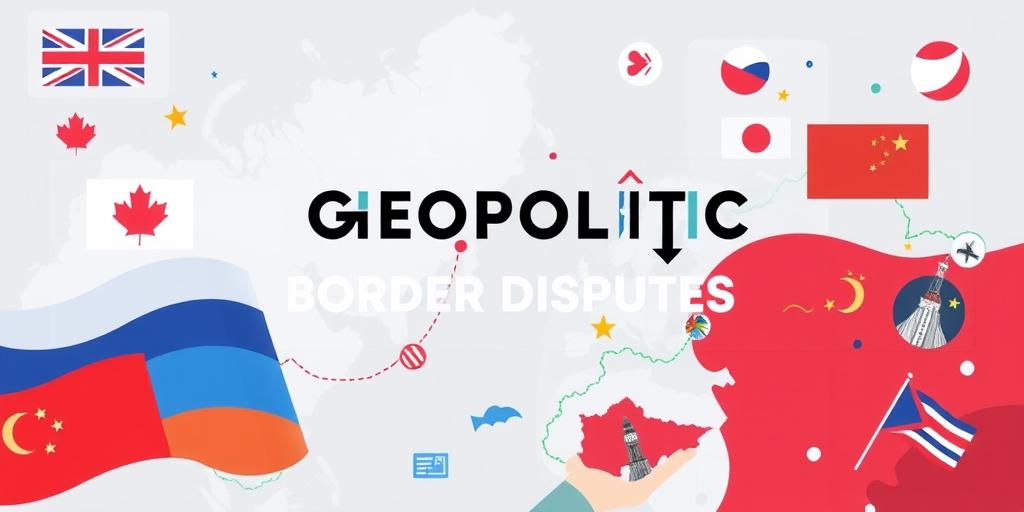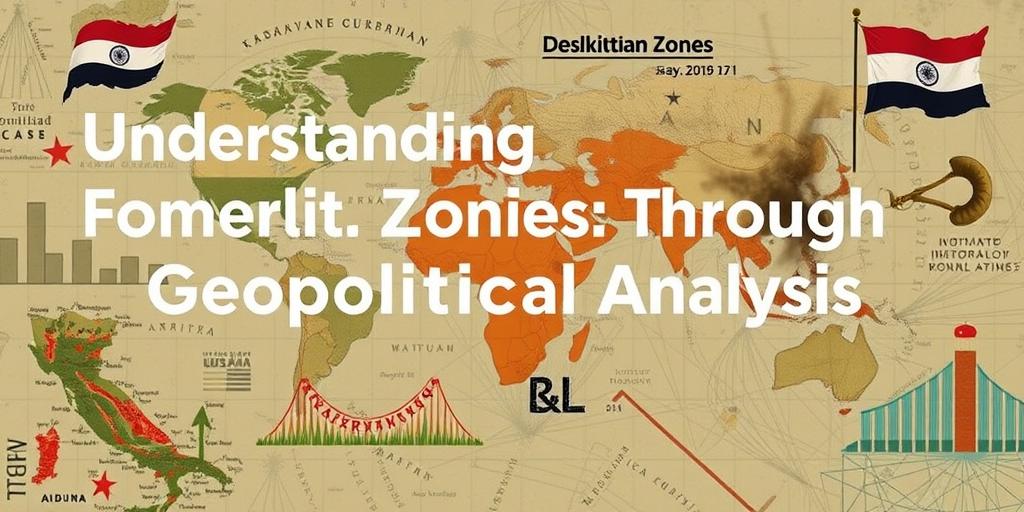
The Impact of Geopolitics on Border Disputes
Border disputes, often perceived as localized conflicts, are deeply intertwined with the broader dynamics of geopolitics. Geopolitics, the study of how geography and economics influence politics and international relations, provides a crucial framework for understanding the underlying drivers and potential resolutions of these disputes. This article delves into the significant impact of geopolitics on border disputes, exploring how strategic locations, natural resources, and international power plays contribute to their complexity and persistence.
One of the primary ways geopolitics influences border disputes is through the strategic importance of certain geographic locations. Borders situated near vital waterways, mountain passes, or resource-rich areas tend to be more contentious. For instance, the South China Sea dispute involves several nations vying for control over strategic shipping lanes and potential oil and gas reserves. The geopolitical significance of this region amplifies the intensity of the dispute, as control over these waters has far-reaching implications for regional and global trade.
Natural resources are another critical geopolitical factor driving border disputes. Regions rich in oil, gas, minerals, or water often become focal points of contention. The dispute between India and Pakistan over Kashmir, for example, is partly fueled by control over the Indus River basin, a critical water source for both countries. Similarly, disputes in the Arctic region are intensifying as melting ice caps make previously inaccessible oil and gas reserves more attainable.
International power dynamics also play a significant role in shaping border disputes. Major global powers often exert influence, either directly or indirectly, to protect their interests or support their allies. During the Cold War, many border disputes were exacerbated by the proxy conflicts between the United States and the Soviet Union. Today, the involvement of countries like China, Russia, and the United States in various regional conflicts continues to influence the trajectory of border disputes.
Furthermore, historical geopolitical decisions, such as colonial-era boundary demarcations, often leave a legacy of unresolved disputes. Many African borders, drawn arbitrarily by European powers without regard for ethnic or tribal boundaries, continue to be sources of conflict. The Sykes-Picot Agreement, which carved up the Middle East after World War I, is another example of how geopolitical decisions can sow the seeds of future border disputes.
In conclusion, the impact of geopolitics on border disputes is profound and multifaceted. Strategic locations, natural resources, international power dynamics, and historical legacies all contribute to the complexity and persistence of these conflicts. Understanding the geopolitical underpinnings of border disputes is essential for developing effective strategies for conflict resolution and promoting regional stability. By considering the broader geopolitical context, policymakers and diplomats can better address the root causes of these disputes and work towards lasting solutions.








